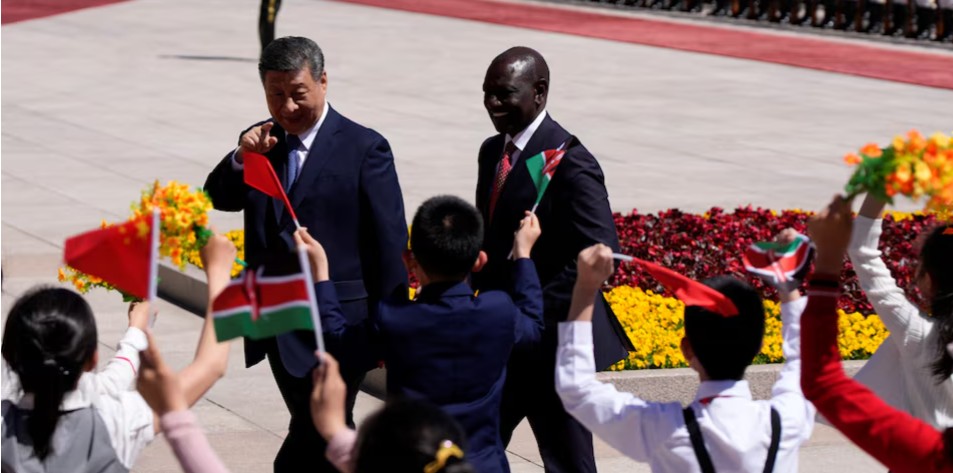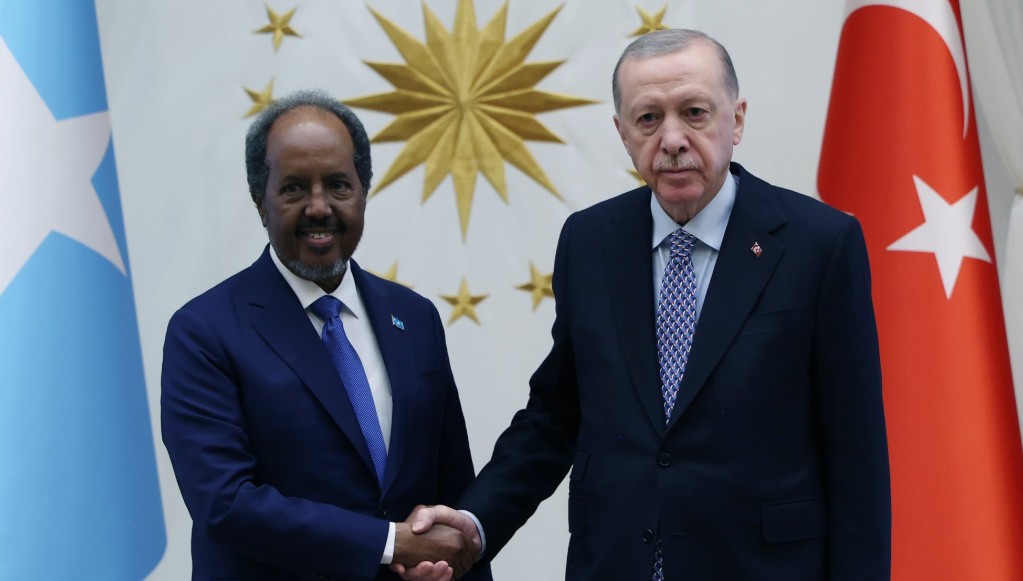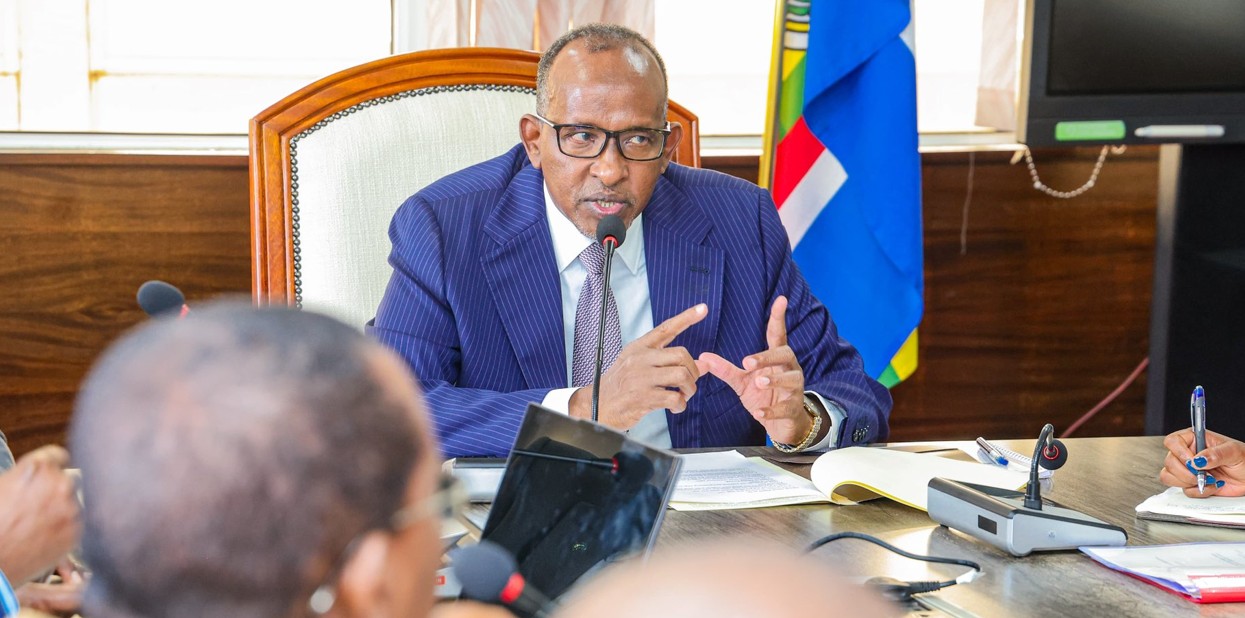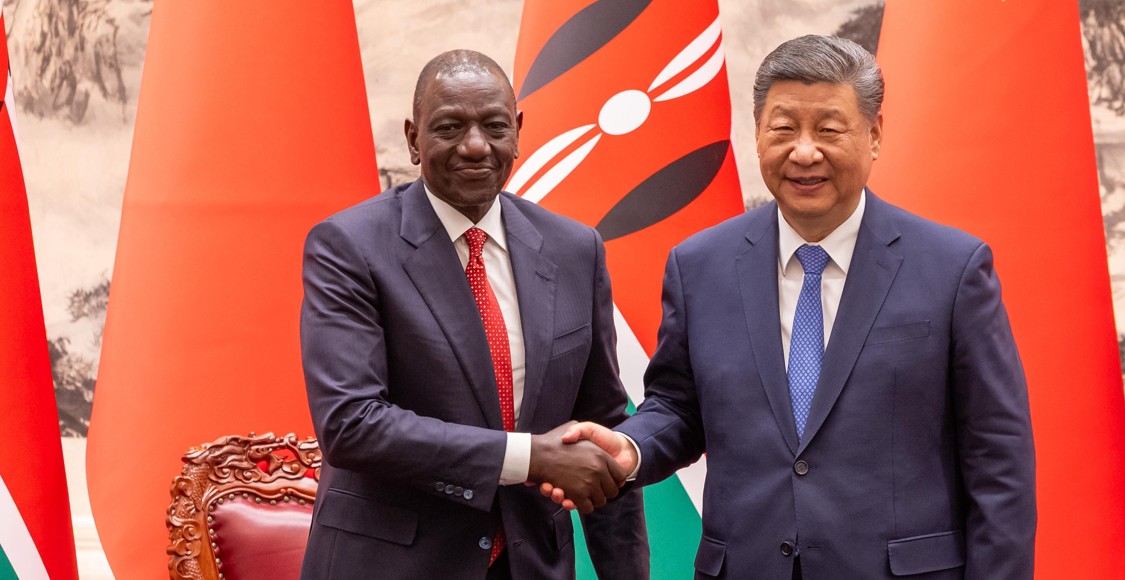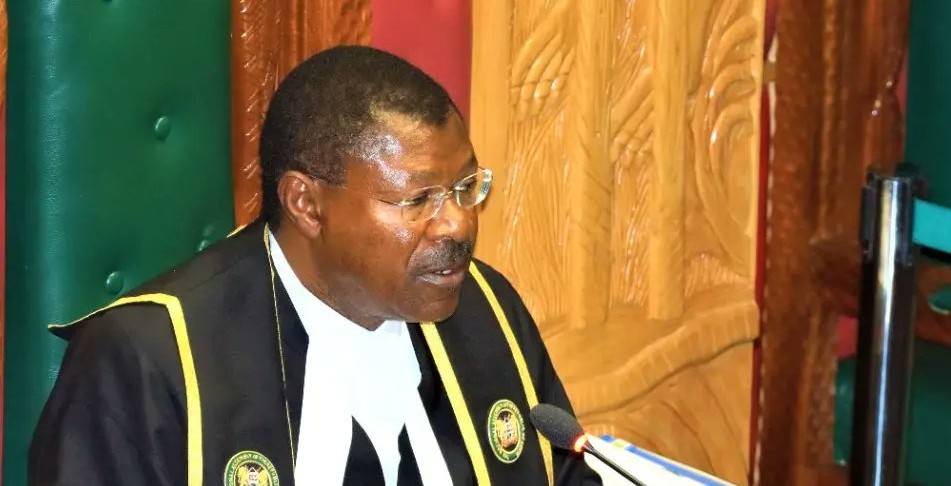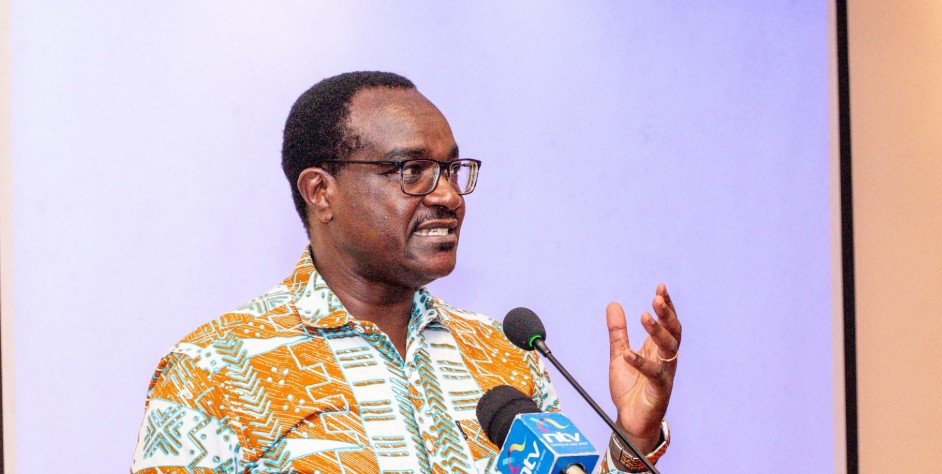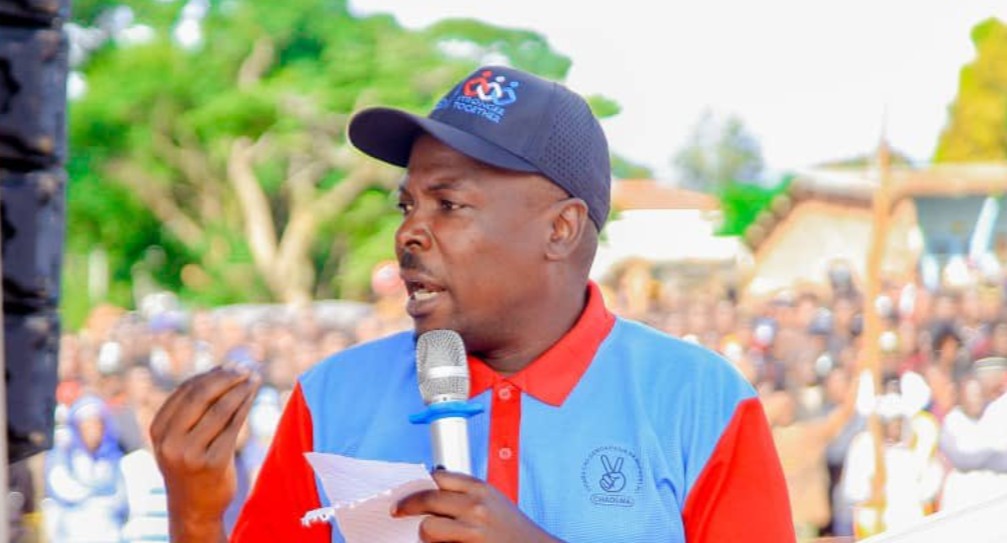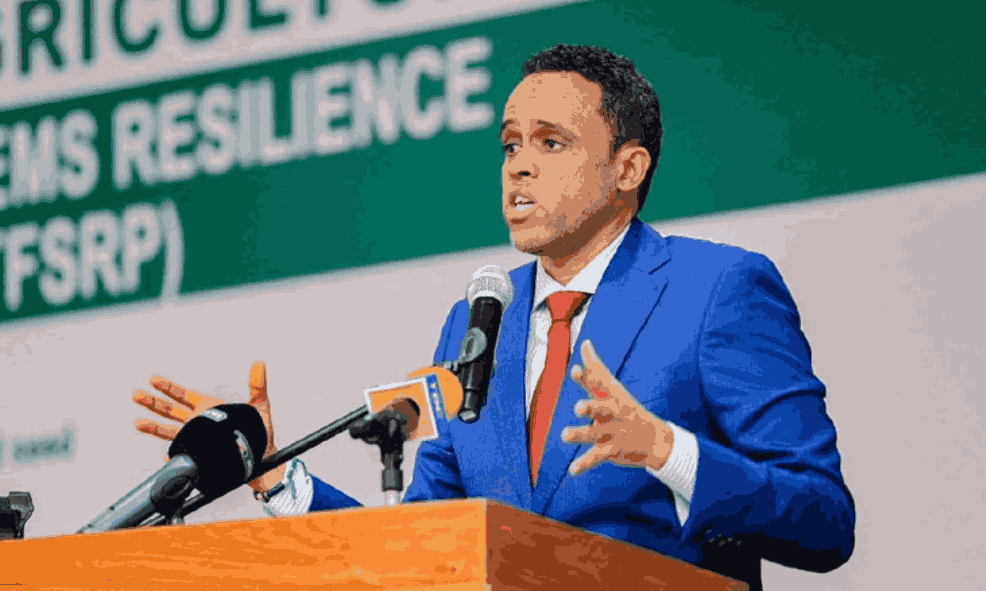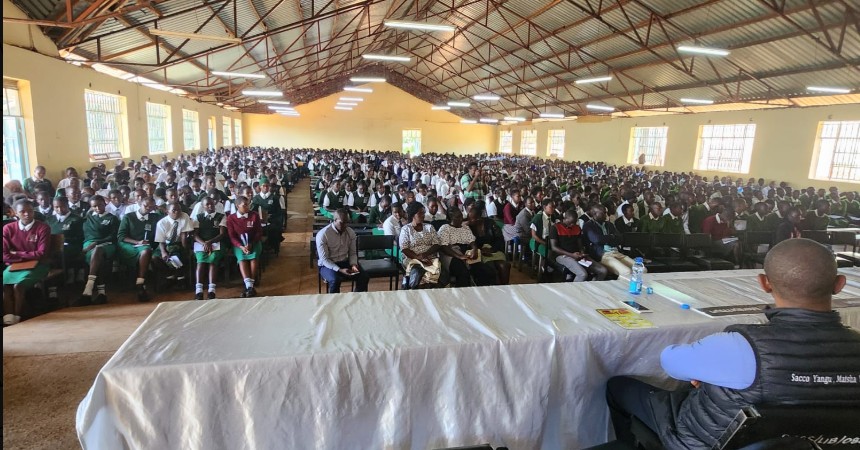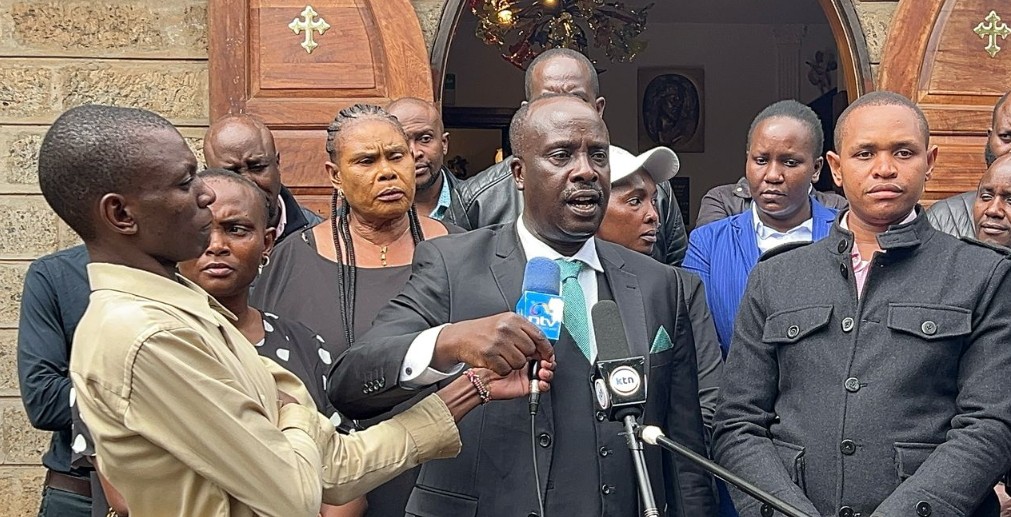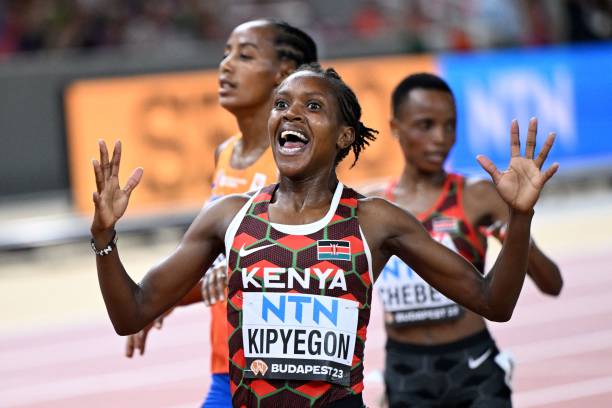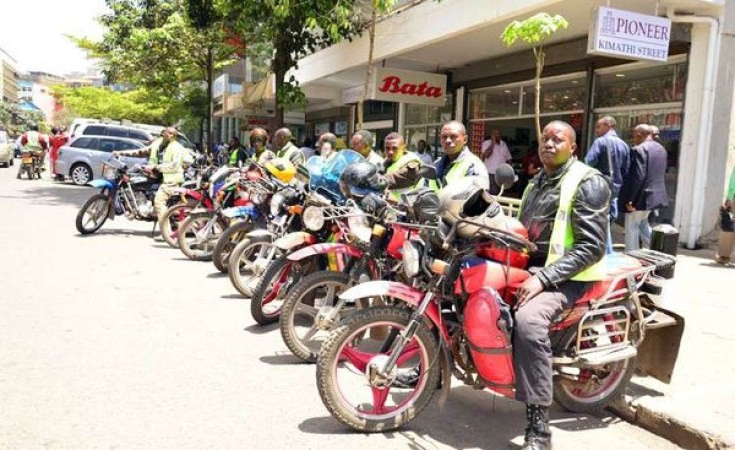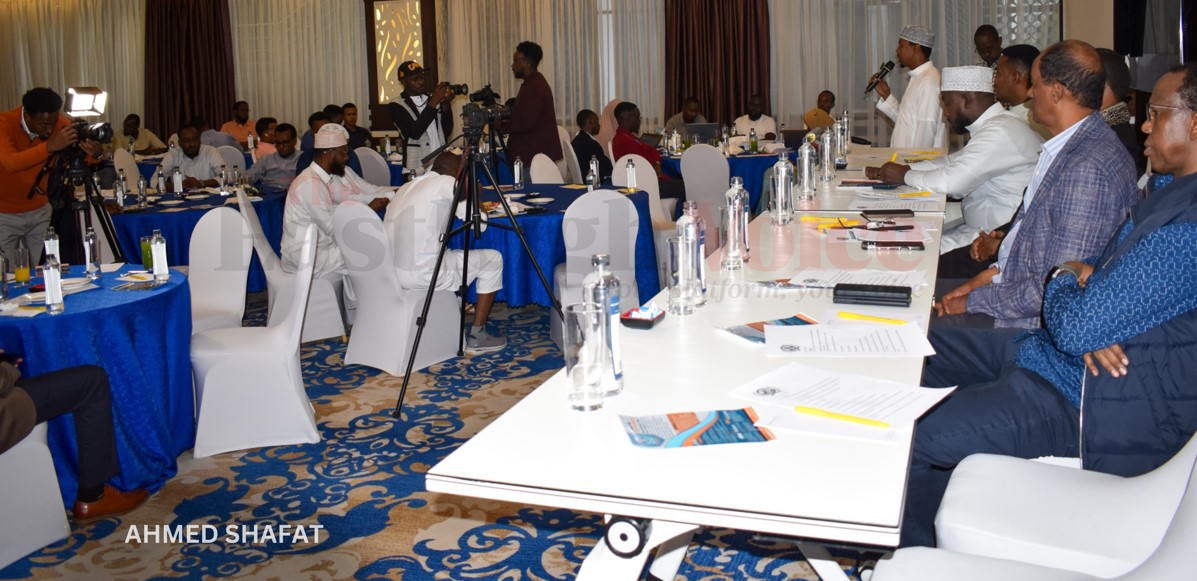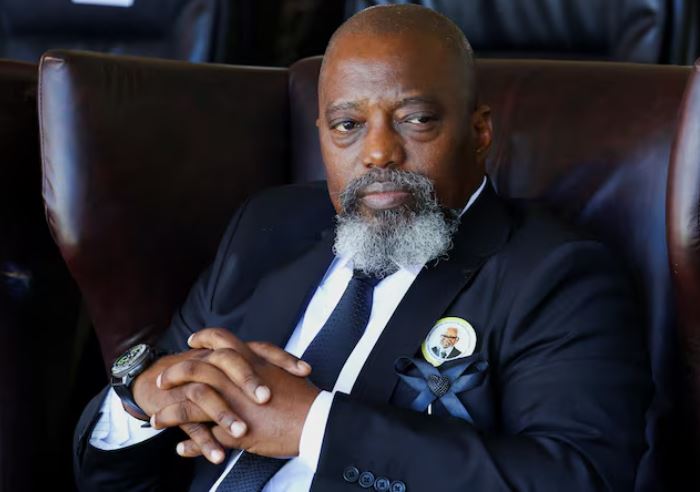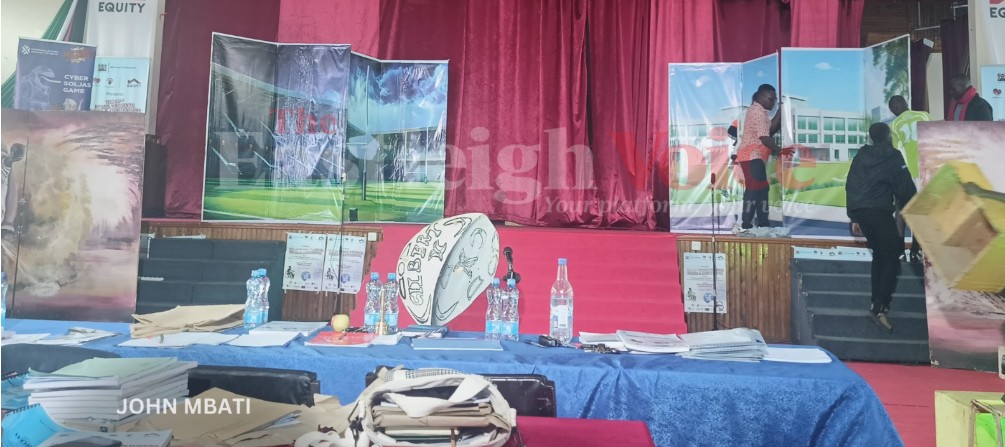Inside the collapse of Kenya-led EAC Mission in DRC
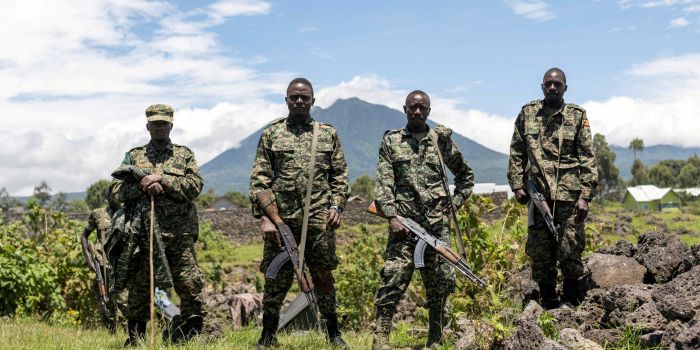
Chief among them: the EACRF was accused of "cohabiting with M23 rebels," and failing to support Congolese national forces as violence, looting, and rebel attacks on civilians surged across the Kivu provinces.
The East African Community's ambitious attempt to stabilise eastern DRC has ended in quiet collapse, leaving behind a trail of diplomatic confusion, civilian frustration, and regional finger-pointing.
A new report submitted for deliberation at the 15th Ordinary Session of the Forum of Parliaments of the International Conference on the Great Lakes Region (FP-ICGLR) lays bare the political dysfunction that led to the withdrawal of the Kenya-led East African Community Regional Force (EACRF) in December 2023.
More To Read
The document outlines a series of critical failures.
Chief among them: the EACRF was accused of "cohabiting with M23 rebels," and failing to support Congolese national forces as violence, looting, and rebel attacks on civilians surged across the Kivu provinces.
A planned reassessment by Kinshasa turned into outright rejection, with President Felix Tshisekedi's government declining to renew the regional mission's mandate.
"Faced with this failure, this contingent of the EACRF was accused of cohabiting with the M23 rebels," the report notes, adding that protests against the force in early 2023 were "violently repressed" by Congolese police, further fueling public anger.
Originally intended as a peace enforcement presence to enforce a ceasefire and oversee rebel withdrawals, particularly by M23, the EACRF found itself in an impossible position: diplomatically shackled, politically undermined, and militarily restrained.
"The DRC government wanted a more assertive posture, but EACRF had refused to engage in offensive operations," the report says.
"It is not clear how the two parties came to interpret the EACRF's mandate so differently."
In the vacuum left by EACRF's exit, a new actor stepped in: the Southern African Development Community (SADC) deployed its stabilisation force, SAMIDRC, led by South African troops — a signal of shifting regional alliances and Nairobi's waning influence in the Congo.
Yet the diplomatic ripples extend further.
Rwanda, long accused of backing M23 rebels, now publicly questions the cohesion of the EAC itself.
"The EAC troops were expelled. Until now, I am still wondering — what is EAC?" Rwandan President Paul Kagame said in a televised interview last month.
"In reality, EAC does not exist since this issue arose. Because we were never told what happened."
Inside Rwanda, frustration was also expressed by the country's Senate President Kalinda François-Xavier, who told ICGLR observers that the peace process collapsed due to Kinshasa's "lack of political will and honest dialogue."
According to him, "The Nairobi process had two components — political and military — but neither was fulfilled."
Kenya, which chaired the EAC during the deployment, has its critique of the continental body.
"Had the AU had the necessary capacity, it would have done much to address the security challenges in the DRC," President William Ruto is quoted as telling the ICGLR team during their March visit to Nairobi.
The report, if adopted, will be the first official record by a regional institution acknowledging the collapse of the EACRF mission — and may serve as a cautionary tale of fragmented regionalism, overambitious diplomacy, and the harsh limits of peacekeeping without political consensus
Top Stories Today



